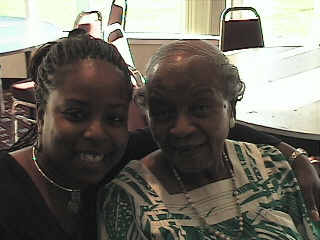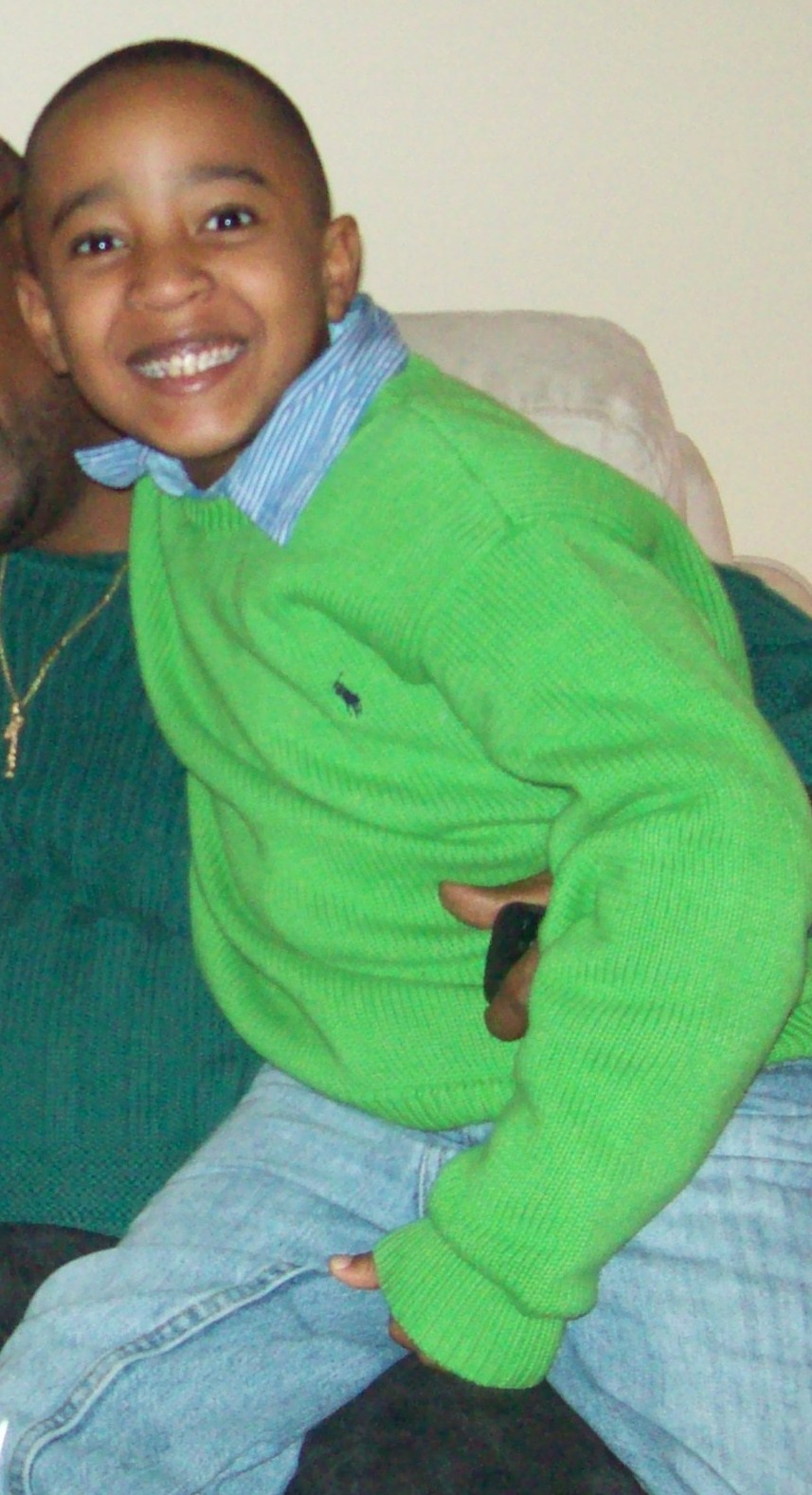Over the weekend I took my friend, Kim, to see A Song for Coretta by Pearl Cleage. We agreed that the play, about the convergence of the lives of five women paying their respects to the deceased civil rights leader, was wonderfully complex, funny and thought-provoking. Kim thought, however, that a part that highlighted rapes in the Superdome after Hurricane Katrina may have been exaggerated. I wondered the same, but I had another exception to the play: the deification of Coretta Scott King.
The goddess talk, though little, bothered me. As the women discussed unresolved issues in their lives, one woman would say something like, “Ask Coretta. Maybe she can tell you what to do.” And I’m thinking, “But she’s dead. She ain’t saying nothing to you.” As I think about it, what they said, their attitude toward King, was more than deification but also suggested divination. I never mentioned this to Kim and am only saying it now because as I pay tribute to the women in my life this month, I recognize how easy it is to give God-status to someone who has inspired your life and not be able to let them go when they die. This my entire family did for my maternal grandmother, Verlenia Thomas.
The youngest of seven children, all her siblings looked to her for direction. She was the one who kept and nursed their mother in her home. She was the one they called for advice, prayer, money and meals. She was the strong one for them, her husband, my mama, aunts and uncles, me and the other grandchildren, her neighbors, church members and friends. Since she has died, some family members seem to be lost. We all know Verlenia: she may be your Grandma, Granny, Grammy, Big Ma, Big Mama or Nana. We delight at sitting at her feet, feeling her arms surround us, benefitting from the creation of her hands, and receiving wisdom from her mind. I know I did. But as I have reflected on my grandma’s life since her death in 2005, I recognize that she may have operated in her own strength at times, but I believe those times were few.
Yes, she was on her church’s steward board and missionary society and taught Sunday school, was her block club secretary, kept in touch with everybody, cooked meals for the needy and visited the sick. But these weren’t things she did to look good. She felt them her Christian duty. And I knew this because her 80-year-old knees would hit the floor every night and her shaky hand would hold a stubby pencil to write the notes throughout the pages of her Bible what the Lord spoke to her. She was in God’s presence, not just around His people. My grandma communed with God, not just fellowshipped with His people. She had a great reputation among people because of how she lived her life in public. She had a great reputation with me because how she lived in public was also how she lived in private. Verlenia Thomas was a holy woman and my great example of a model Christian.
Her life reflected “follow me as I follow Christ,” and as I remember her life I will indeed remember that she could love me because she first loved Jesus Christ and obeyed Him. Her life always pointed everyone to God. We often missed her direction because once we got to her, we felt like we were in heaven; everything seemed like it would be all right for eternity. But I know she wouldn’t want me to glorify her, just the one who she worked so hard to glorify. We must give honor to whom honor is due but always recognize that God is the reason anybody can do anything good.
Copyright 2010 by Rhonda J. Smith



